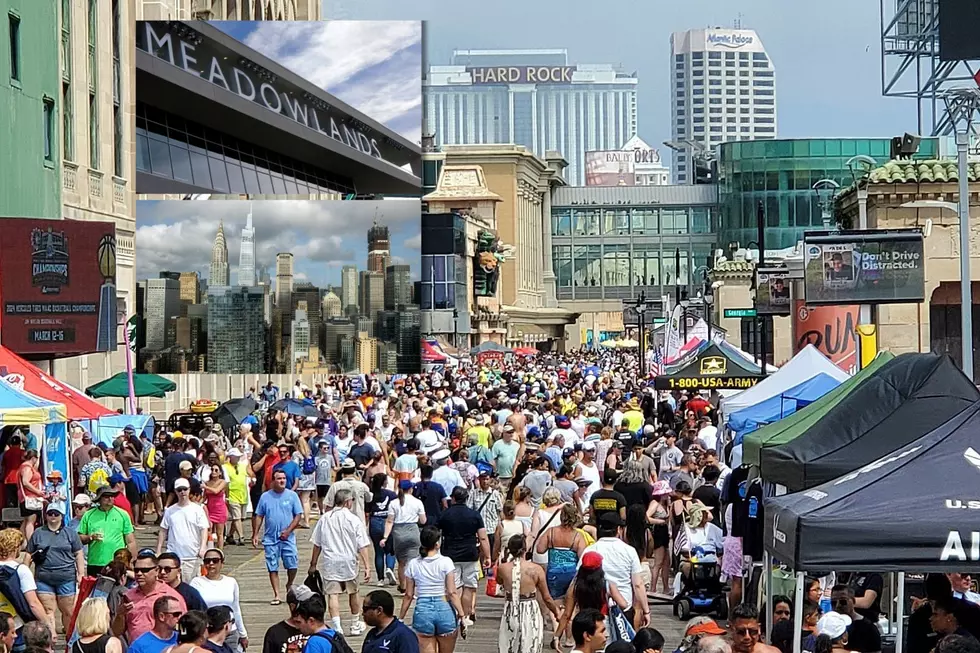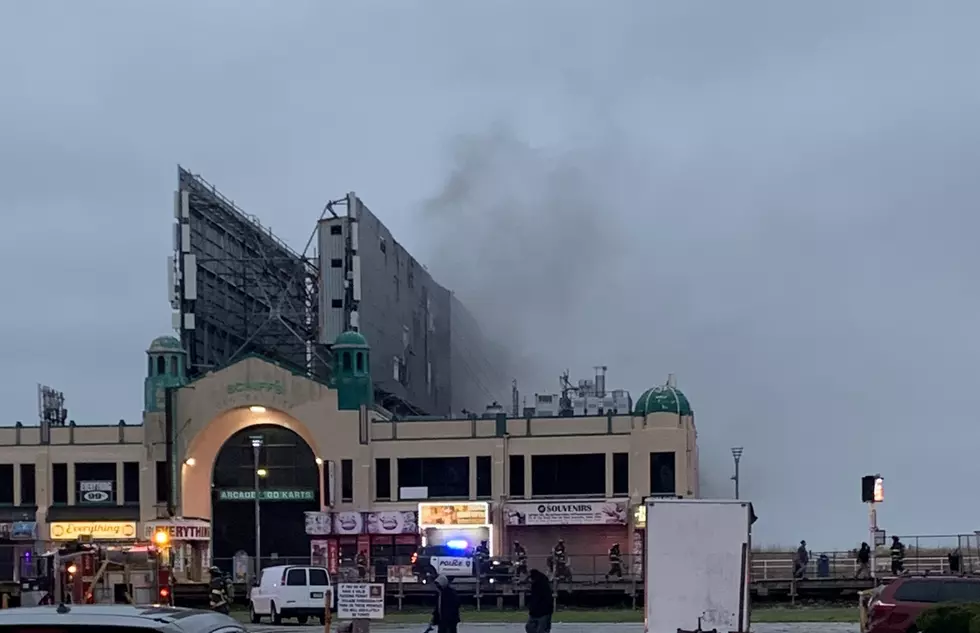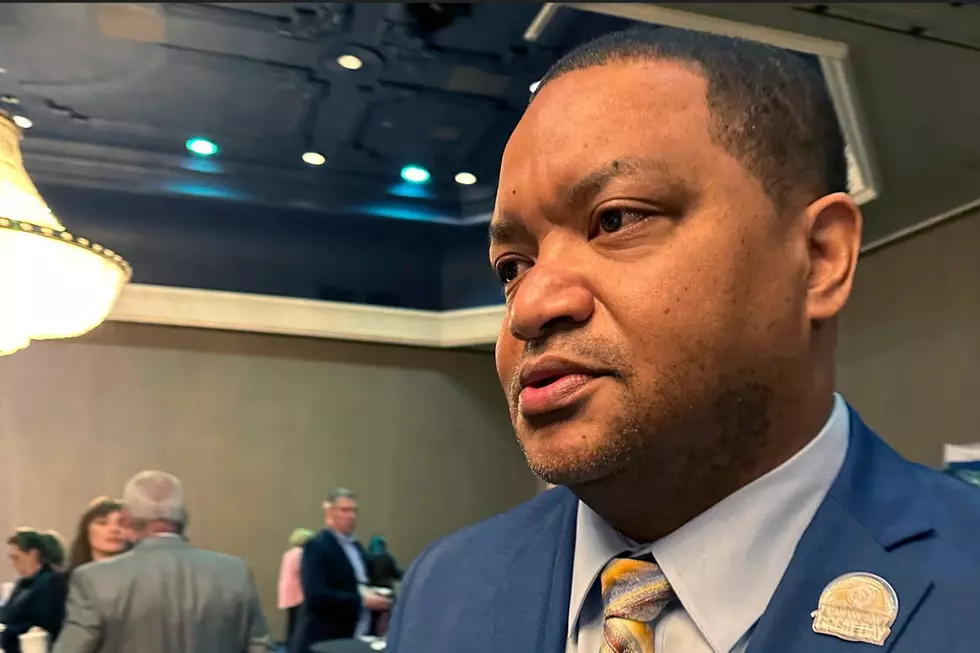
Job Protection or Job Killer? Lawmakers Take on Atlantic City Casino Licenses
It doesn't directly attack billionaire Carl Icahn's decision to close the Trump Taj Mahal casino in Atlantic City, but the investor appears to be the target of legislation up for consideration Monday morning in the Assembly.
In response to concerns that Taj owners may just reopen the casino at a future date with a new name and updated labor contracts, the bill sponsored by Assemblyman John Burzichelli, D-Gloucester, disqualifies a casino license applicant for five years if the person "substantially closed" a casino property in New Jersey.
And while the Taj shut its doors for good in October, following a long and heated battle between Icahn and Unite Here Local 54, the proposed law would be retroactive to Jan. 1, 2016.
"Casino owners shouldn't be manipulating the system and exploiting bankruptcy laws as a way to break unions and take away the rights and benefits of the workers," said Senate President Steve Sweeney, D-Gloucester, sponsor of an identical measure in the upper house. "I encourage the Assembly to quickly pass this important bill to protect the hard working men and women of our casino industry."
The measure was approved 29-6 by the Senate on Oct. 20. It's scheduled for a 10 a.m. hearing Monday from the Assembly's Tourism, Gaming and the Arts Committee.
According to Roger Gros, publisher of Global Gaming Business magazine, the proposal is a "terrible" idea and a "job killer" that would restrict development in Atlantic City.
"Because the union closed down Taj Mahal, they're going to oppose any way that it could reopen without the top-level benefits they enjoyed in the glory years of Atlantic City," Gros told Townsquare Media. "We're certainly far from the glory days and they still want the same pay and the same benefits."
Local 54 did not respond to multiple requests for comment.
Gros added the state should not be involved in the business decisions of any casino company.
Rummy Pandit, executive director of the Lloyd D. Levenson Institute of Gaming, Hospitality & Tourism, said arguments on both sides of this legislation make sense. Laborers want to protect their jobs, and owners/operators want to protect their opportunity to do what's best for their bottom line.
"They want the right to operate their business as they see fit," Pandit said.
More From WPG Talk Radio 95.5 FM










